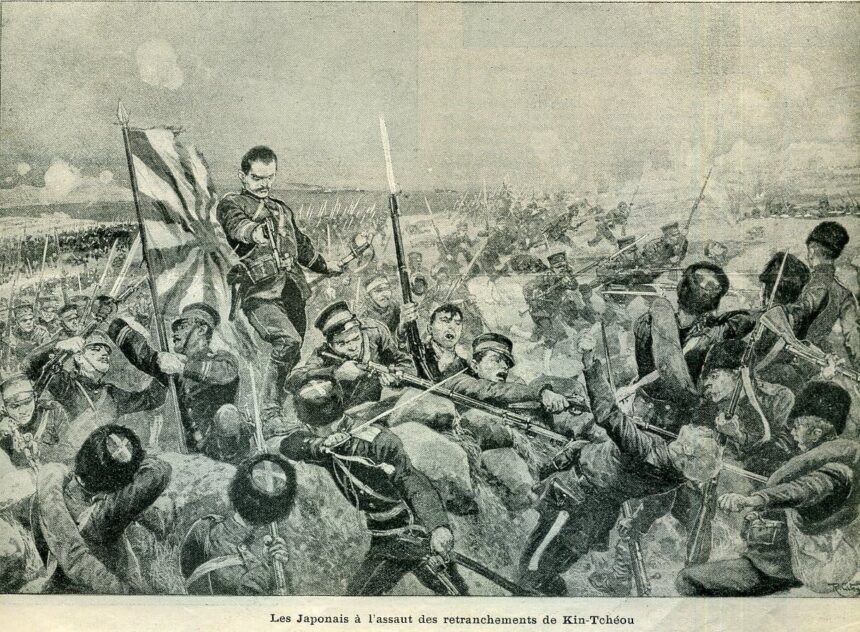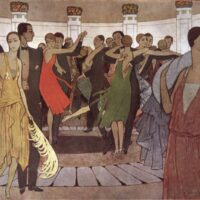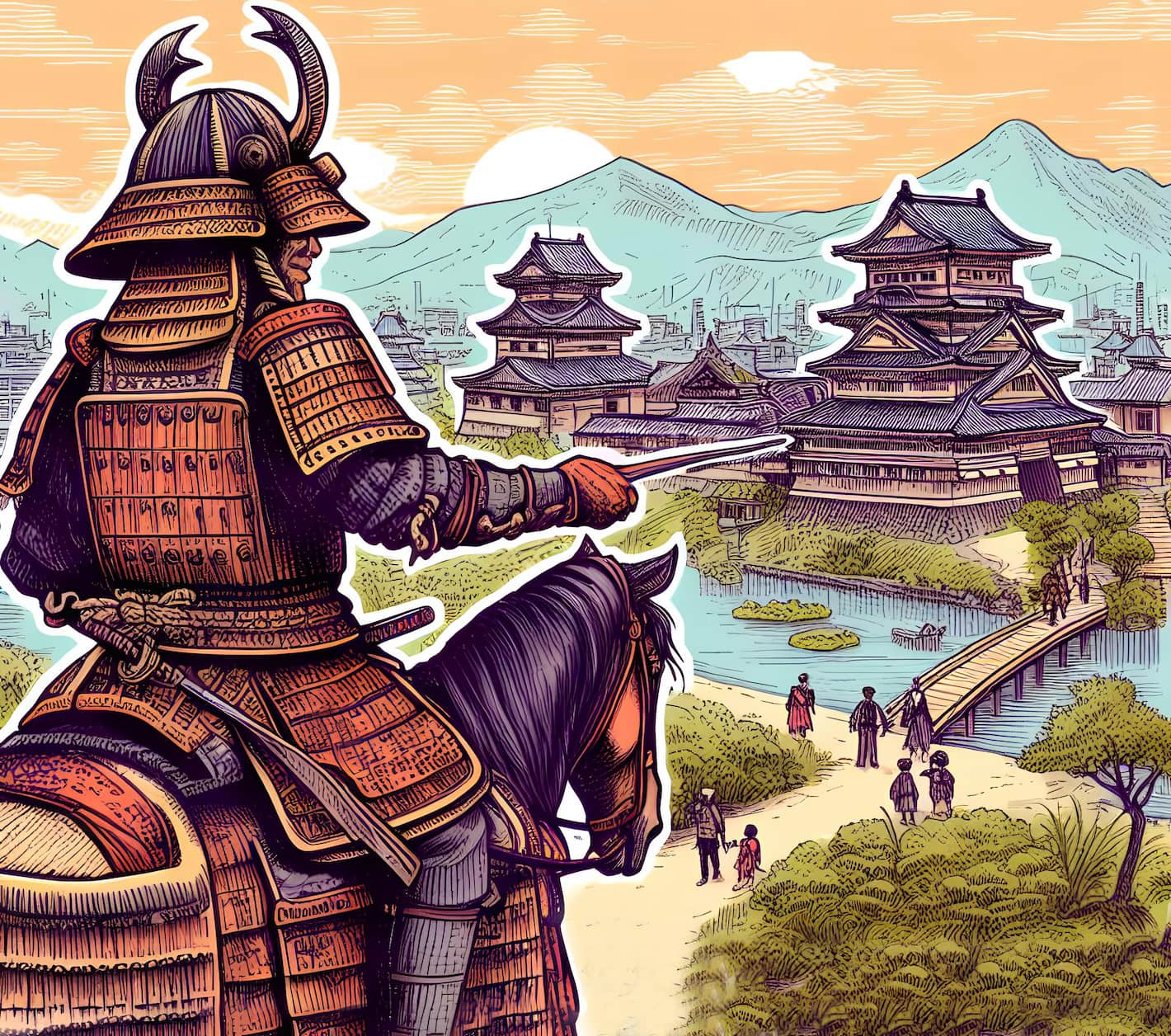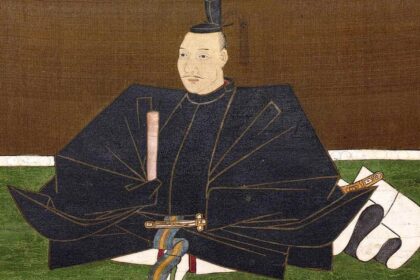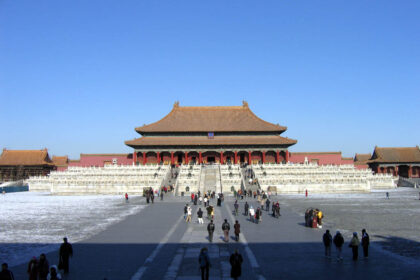This date—1902—does not prominently feature in the history of Japan. Typically, the focus is on 1905, because it was then that the Japanese Empire inflicted its first military defeat on a white power, specifically Tsarist Russia, thereby becoming a rallying point for anti-colonial and independence movements from India to Egypt and the Middle East.
In his latest work, Le labyrinthe des égarés: L’Occident et ses adversaires (2023), Amin Maalouf noted that Japan was the first center of anti-Western sentiment in the 20th century. Indeed, 1905 marked a thunderclap in the global balance of power, foreshadowing a century in which the cards of hegemony would be reshuffled.
However, three years earlier, in 1902, Tokyo had already signed an equal treaty with London—the first of its kind between an Asian power and a Western nation, and moreover, with the leading power of the time. This was also a revolution, albeit one that went unnoticed, signaling the rise of Japan as it gradually took its place among the imperial powers.
A Motto: “Devour to Avoid Being Devoured”
In 1890, Prime Minister Aritomo requested a significant increase in military funding from the Lower House. At the time, Russia, the only Western nation bordering Japan, was completing the Trans-Siberian Railway in the Far East. Meanwhile, China, though weakened by unequal treaties, was persistently eyeing Korea.
Aritomo spoke of the “first lines of defense” for the empire—a siege-like vocabulary that barely concealed a desire to partake in the division of the Asian “cake.” “Devour to avoid being devoured” became the motto of this early imperialist Japan.
By the end of the 19th century, nearly all of Southeast Asia had fallen under colonial rule: Burma to Great Britain, Indochina to France, and the Philippines to the United States.
After the consolidation phase of the Meiji era, the power in Tokyo gave way to expansionist ambitions in 1894 by advancing into Korea, where it had placed its pawns for nearly twenty years. The Chinese, called upon for help by the Koreans, could only react to their detriment, as they were defeated by the Japanese, who had mobilized 250,000 men.
This success was seen as the victory of one civilization over another, specifically the “chanchan” (which can be translated as “Chinamen”) from Beijing. At the last moment, the Western powers dissuaded the Japanese from marching on Beijing.
The signed treaty, which granted them Taiwan and control over Korea, transformed them into a colonial power. In turn, they extracted a most-favored-nation clause from China. It took the triple intervention of France, Russia, and Germany for them to relinquish the Liaodong Peninsula, which is now part of China. This opposition was perceived in Japan as a humiliation.
Impressed Westerners
Nevertheless, their victory over China impressed the Westerners, particularly the British, who were betting on Japan to curb the ambitions of their rival in Asia, Russia. The Chinese had shown too much weakness to fulfill this role. Geopolitically, Japan was already serving as a shield for the West against Russia and China.
In 1899, when the Boxers rebelled in Beijing, it was the Japanese army that the British called upon to suppress them.
The Japanese army proved to be remarkably effective, so much so that the Japanese were invited to their first negotiation table concerning China in 1900. Faced with the Boer War in South Africa and preoccupied with its naval rivalry with Germany, England offloaded East Asia onto Japan, which was then in a position to sign the Anglo-Japanese Treaty in 1902. Its clauses ensured Japan the possibility of attacking in Asia without London hindering it and guaranteed it against a triple intervention.
Tokyo now had free rein, which allowed it to strike Russia when the latter halted the withdrawal of its troops from Manchuria.
Although Japan emerged militarily victorious from the conflict with St. Petersburg, it was economically weakened and sought the mediation of Washington, with whom relations had been excellent since the first exchanges in the 1860s. But the 1902 treaty paved the way for other agreements signed after this war with France, Russia, and the United States. Japan believed it could be considered a full-fledged member of the concert of great nations. On this point, it made a grave mistake.



